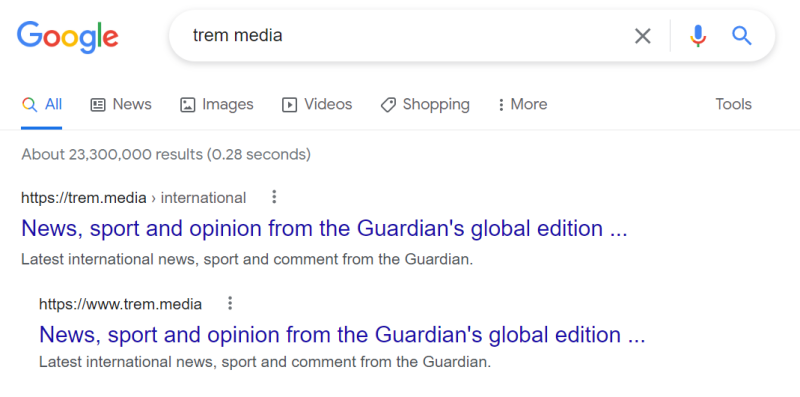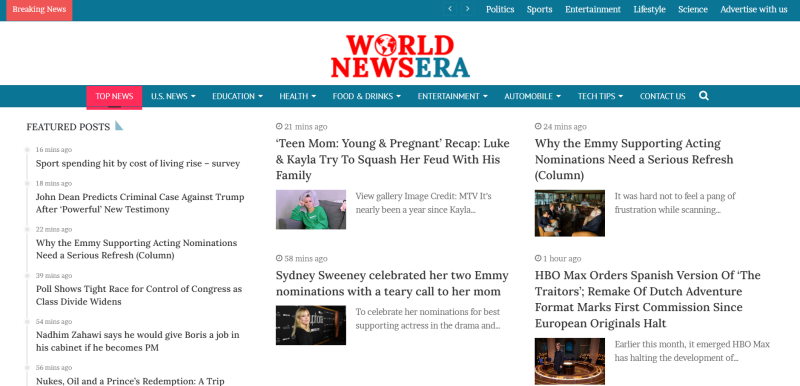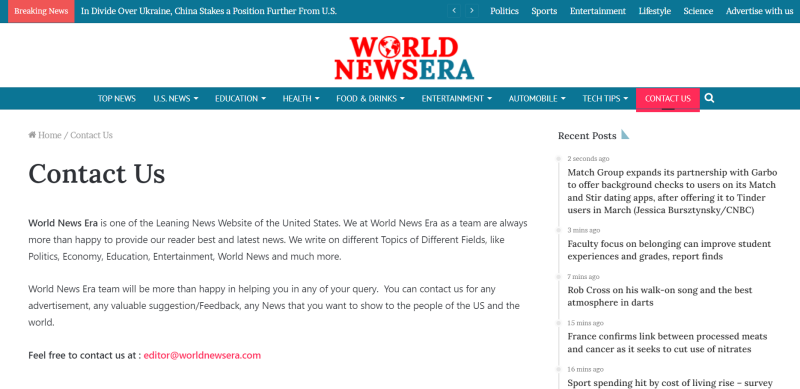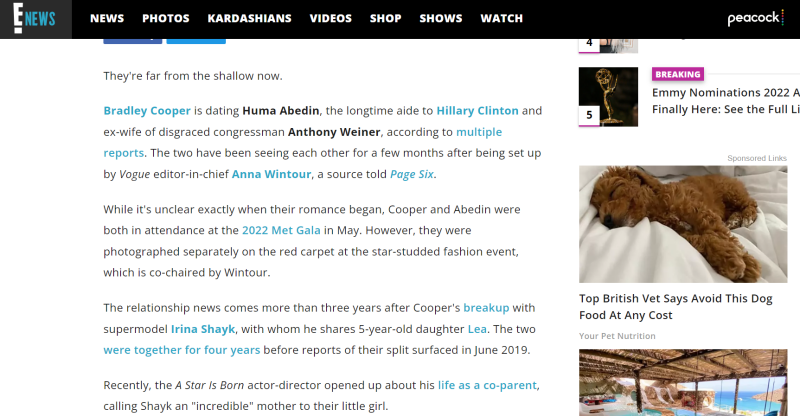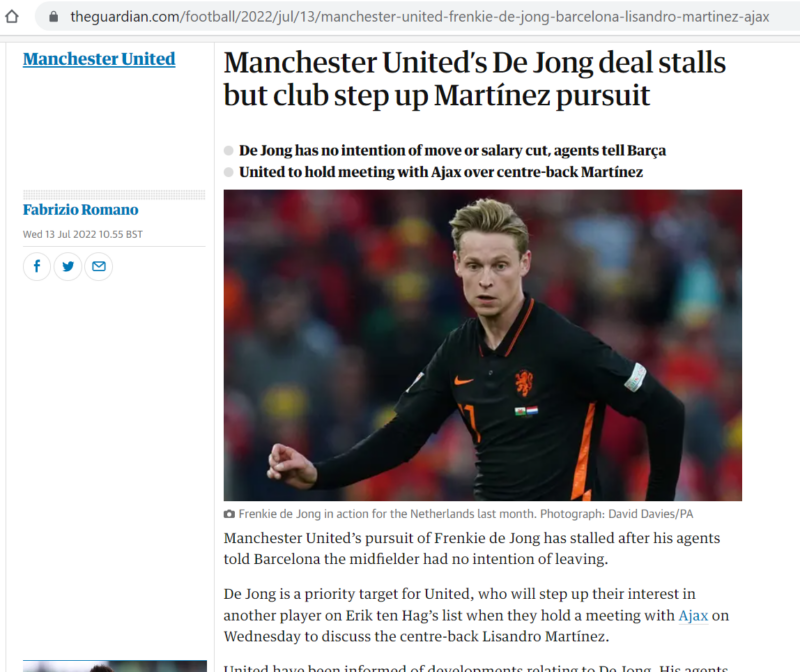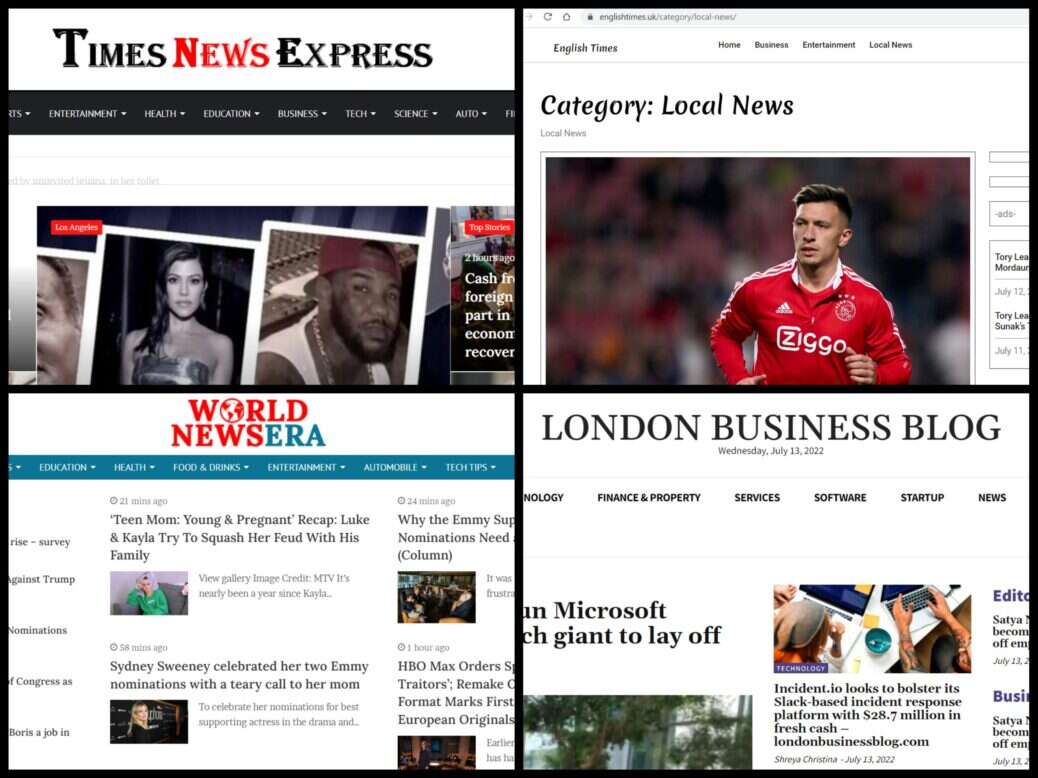
The number of cloned and ripped-off news articles successfully taken down from “pretty sophisticated fake sites” on behalf of UK publishers more than doubled in 2021 compared to the year before.
Content licensing organisation NLA Media Access got more than 50,000 articles removed from 1,000 fake or illegitimate news sites in 2021.
That was up from about 20,000 articles from more than 700 sources the year before.
Matt Aspinall, head of publisher services at NLA, told Press Gazette: “That could be anyone from a blogger that’s just a bit naive and doesn’t really understand that you can’t just rip news content.
“It could be someone that knows exactly what they’re doing. And it could be a URL or something. It could be something like London News.today… trying to create a fake news site. All the way to these kinds of cloned businesses.”
Some of the impacts can include dissatisfied journalists who are angry their work has been ripped off, a hit to public reputation, SEO efforts being undermined, and syndication deals being put at risk as partners question why they have to pay if a blind eye is turned to copy being ripped for free.
Publishers with paywalls are also at risk even though they tend to believe they are safer, according to Aspinall.
Press Gazette began looking at the issue last month after hearing about a fake site worrying Reach staff that duplicated websites and stories from across the publisher’s network, including the Daily Mirror, Manchester Evening News and Chronicle Live, with URLs that were close to the originals but with trem.media usually inserted somewhere.
Press Gazette has seen evidence of prominent journalists and campaign groups among those who inadvertently shared some of the fake URLs on social media.
By early July Trem had moved away from Reach and targeted The Guardian, replicating its homepage. Unusually, however, the cloned site was not showing its own advertising or asking visitors to sign up for something, meaning the motivation for the website duplication remains unclear.

Trem.media cloned Guardian homepage
In general, Aspinall said, there is a risk to trust for publishers if consumers are duped by these illegitimate sites. Press Gazette understands Reach staff had been concerned about the risk of people believing they were registering for a newsletter, for example, but in fact giving their email address to an unknown entity.
When contacted by Press Gazette about the duplicated Trem site earlier in July, a Guardian spokesperson said: “This is not an authorised Guardian site and we have already asked for it to be taken down.” The NLA succeeded in having the site removed last week.
The potential damage can be quite high. Aspinall said: “We had a case a few years ago with one of the national newspaper websites that was cloned and the actual contents of the interview was changed as well. So it wasn’t immediately obvious until you looked into it and did a little bit of comparison.”
He said there have also been increasing cases of national news website homepages being cloned that send readers who click through to a story to a bitcoin or crypto site.
Aspinall shared a number of other examples of sites that had previously published stories copied wholesale from legitimate publishers which the NLA managed to have taken down. They included:
- EnglishTimes.UK – “you can tell just by the URL they’re trying to create a brand to make people think it’s a legitimate site”
- WorldNewsEra.com – “We get content taken down from this all the time from publishers that we represent. Again, you can see it’s been made to look just like a news site”
- TimesNewsExpress.com
- LondonBusinessBlog.com – “what else are they trying to do if they’re not trying to rip content?”
Aspinall said: “For you and I that work in journalism, we’d spot this and we wouldn’t really come here for our news. But for someone that sees an article on social media or something, and it’s a link to this, who doesn’t work in the industry and just thinks it’s a standard news story – I mean, maybe why wouldn’t you think this might be a legitimate site?”
Press Gazette contacted the sites concerned but only London Business Blog responded.
Shreya Christina, whose byline appears on many of the site’s articles, said: “Londonbusinessblog.com provides simple news for readers. I have also added a disclaimer in the footer for the original publisher. Even if any original publisher needs to remove their article then we are ready to accept anytime.”
A disclaimer at the bottom of the website now reads: “If you find any news or article that belongs to you then contact us anytime, we will remove that things or give you best credit that help for your brand.”

NLA’s Text Tracker, which has been running since 2015 but relaunched with a new in-house system in 2020, currently represents almost 40 news brands including all the UK’s national newspaper websites and a number of regional groups. It is currently in talks with international news brands in the US, Australia, New Zealand and Canada as scam sites are a “global issue”, Aspinall said.
“I can’t see it’s a problem that’s going to go away anytime soon,” he added.
Asked whether publishers are aware of how big the problem is, Aspinall added: “I think a lot of publishers know it goes on, but I think a lot of publishers depending on their size don’t have the means to or maybe the time or the funding to kind of try and keep on top of it… I’ve spoken to a few publishers where it’s like, yeah, we know it happens. If we see it, we’ll send a cease and desist. It’s not something we want to actively pay for a service for, it doesn’t impact our business that much, so fine.
“But then I talk to other publishers where they don’t want their content being anywhere apart from on their own site.”
Speaking to Press Gazette last year, Association of Online Publishers managing director Richard Reeves warned the financial impact on publishers could be considerable, both by hitting advertising and subscription revenue and by putting strain on the original site’s host server. “Publishers are impacted definitely in resource, cost, traffic, legitimacy, speed, performance, rankings,” he said.
Press Gazette is hosting the Future of Media Technology Conference. For more information, visit NSMG.live
Email pged@pressgazette.co.uk to point out mistakes, provide story tips or send in a letter for publication on our "Letters Page" blog


